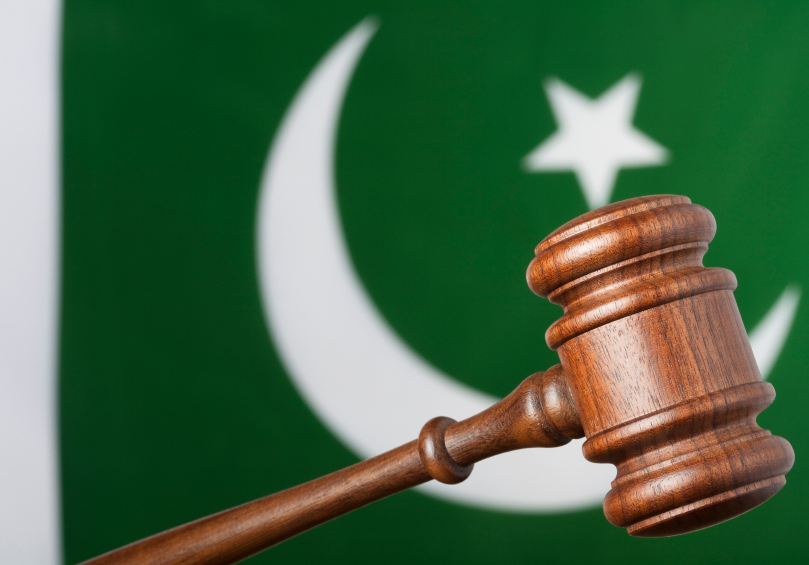
Jun 26, 2013 | News
The ICJ condemns the attempted assassination of Justice Maqbool Baqir, a judge of the Sindh High Court, who also sits on the anti-terrorism court in Karachi, Pakistan.
A bomb blast injured Justice Maqbool Baqir and thirteen others and killed at least nine people.
“This is the second bombing targeting the Pakistani judiciary in under six months. The ICJ is extremely concerned that these attacks signal a renewed challenge to the ability of the Pakistani judiciary to function as an independent institution,” said Sheila Varadan, ICJ’s South Asia Legal Advisor.
According to local media sources, the Tehreek-e-Taliban Pakistan (TTP), an armed group operating in northwestern Pakistan, has claimed responsibility for the bombing, admitting that it specifically targeted Justice Maqbool Baqir for his ‘anti-shariah’ judgments and ‘ruling against the mujahideen’.
“Any physical attack on a judge constitutes a serious threat to the rule of law and the independence of the judiciary. If the TTP or another armed group is deliberately targeting judges, it could constitute a crime under international law,” Varadan added.
Under international standards, including the United Nations Basic Principles on the Independence of Judges, Pakistan is responsible for taking measures to ensure the protection of members of the judiciary from acts of violence or other threats to their safety.
Earlier in March 2013, the ICJ condemned the suicide bombing inside a Peshawar courthouse killing four people and injuring thirty others.
CONTACT:
Sheila Varadan, ICJ Legal Advisor, South Asia Programme (Bangkok), t: +66 857200723; email: sheila.varadan(a)icj.org
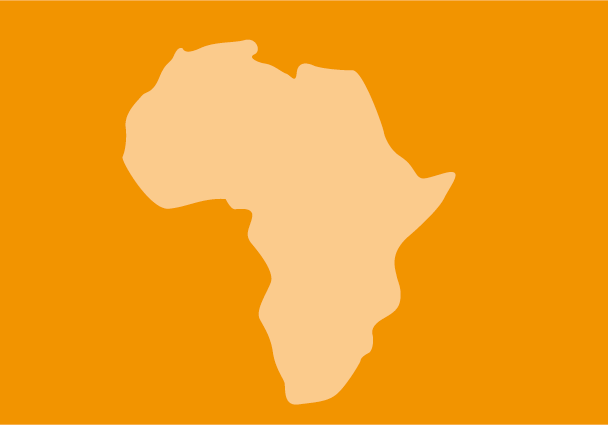
Jun 10, 2013 | Agendas, Events
On Friday 7 June 2013, the ICJ convened a parallel event during the Human Rights Council’s 23rd regular session held in Geneva.
The event, held in Room IX of the Palais des Nations, addressed key issues concerning past and present challenges to the rule of law in Zimbabwe in the context of the upcoming elections and the need for the international community to remain vigilant about the necessity for free, fair and peaceful elections in the country. The event was chaired by Martin Okumu-Masiga, Deputy Director of the ICJ’s Africa Regional Programme. Panelists were MacDonald Lewanika, Director of Crisis Coalition; Okay Machisa, Director of the Zimbabwe Human Rights Association; and Irene Petras, Executive Director of Zimbabwe Lawyers for Human Rights.
Zimbabwe is scheduled to hold general elections before the end of 2013. Past elections in the country have been marred by violence and attacks on human rights defenders and the rule of law more generally. In the period leading to the 2013 elections, there have been several incidents of crackdown on political dissents and independent voices. The impunity enjoyed by past and current perpetrators electoral violence has continued to exacerbate fears for the integrity, peaceful conduct and fairness of the upcoming elections.
Zimbabwe-HR Council side event on elections in Zimbabwe-event-2013 (event flyer in pdf)
ICJ draws attention to risks of violence in the forthcoming general elections in Zimbabwe
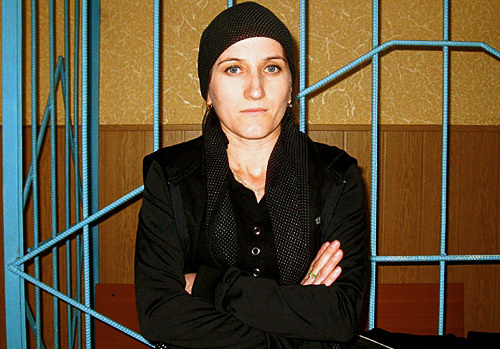
Jun 7, 2013 | News
The ICJ today expressed its grave concern at death threats received by lawyers Sapiyat Magomedova and Musa Suslanov.
The authors of the threats demanded that the lawyers cease their involvement in a case alleging the murder of five individuals.
The ICJ called on the authorities to take urgent protective measures to ensure the safety of lawyers who received these threats.
On 8 May, Sapiyat Magomedova and Musa Suslanov took on a case to represent relatives of a local parliamentarian, Magomed Gamzatov, his brothers Osman, Yusup and Gazidibir and their cousin Magomed Omarov. The men were killed by firearms in the city of Kizlyar, Dagestan, on 18 March.
According to relatives, the shootings resulted from a conflict of a personal nature. A criminal case was opened and several people arrested in relation to the killing.
However, the relatives of the victims have alleged that they have been subjected to continuous surveillance and pressure. Witnesses reportedly now fear to testify in the case.
From the start the lawyers began to be subject to intimidation, which included threats that their professional offices would be set on fire or blown up with the lawyers inside. Such threats were delivered through acquaintances of the lawyers.
On 19 and 20 may, after the two lawyers had announced a more proactive intervention in the case, including by inviting information from additional witnesses, the lawyers received text messages warning them that they should drop the case which was “their chance to stay alive”.
Another message demanded that they drop their involvement in the case and “not butt into something they should not do”.
The ICJ considers that there is an imminent risk to the lives and physical security of lawyers, especially taking into account the recent case of murder of a lawyer in Dagestan.
On 20 January 2012, a lawyer in Dagestan was shot to death with the alleged involvement of security forces. According to the information received by the ICJ, the case has still not been properly investigated and no one has been held accountable.
The ICJ recalls that under international law and standards, Russia has an obligation to protect the right to life of individuals where there is a real and immediate risk to the life of an individual from the criminal acts of a third party.
The UN Basic Principles on the Role of Lawyers provide that “where the security of lawyers is threatened as a result of discharging their functions, they shall be adequately safeguarded by the authorities”.
Effective measures to protect the lawyers should include security measures as necessary, such as police monitoring and guards. This issuance of death threats constitutes criminal conduct.
The ICJ called on the Russian authorities to promptly and thoroughly investigate these threats and to bring the perpetrators to justice in fair trials.
Lawyer-deaththreats-Russia-eng (download the statement in English)
Lawyer-deaththreats-Russia-rus (download the statement in Russian)
Contact:
Róisín Pillay, Director, ICJ Europe Programme, t +41 22 979 38 30; e-mail: roisin.pillay(a)icj.org
Temur Shakirov, Legal Adviser, ICJ Europe Programme, t +41 22 979 38 32: e-mail: temur.shakirov(a)icj.org
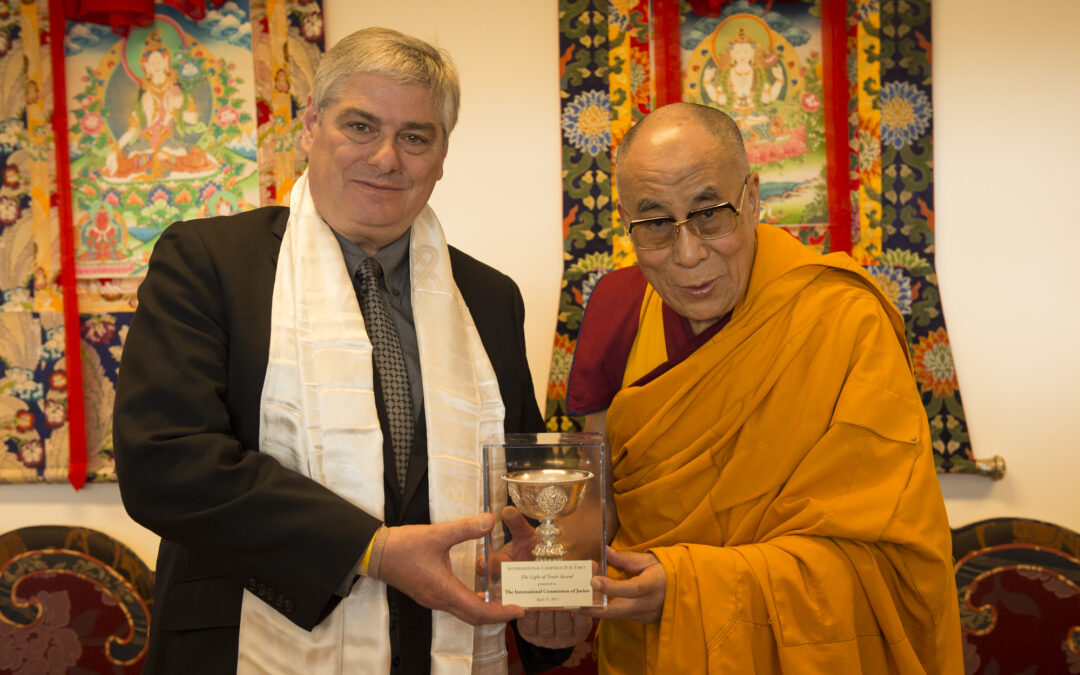
Apr 14, 2013 | News
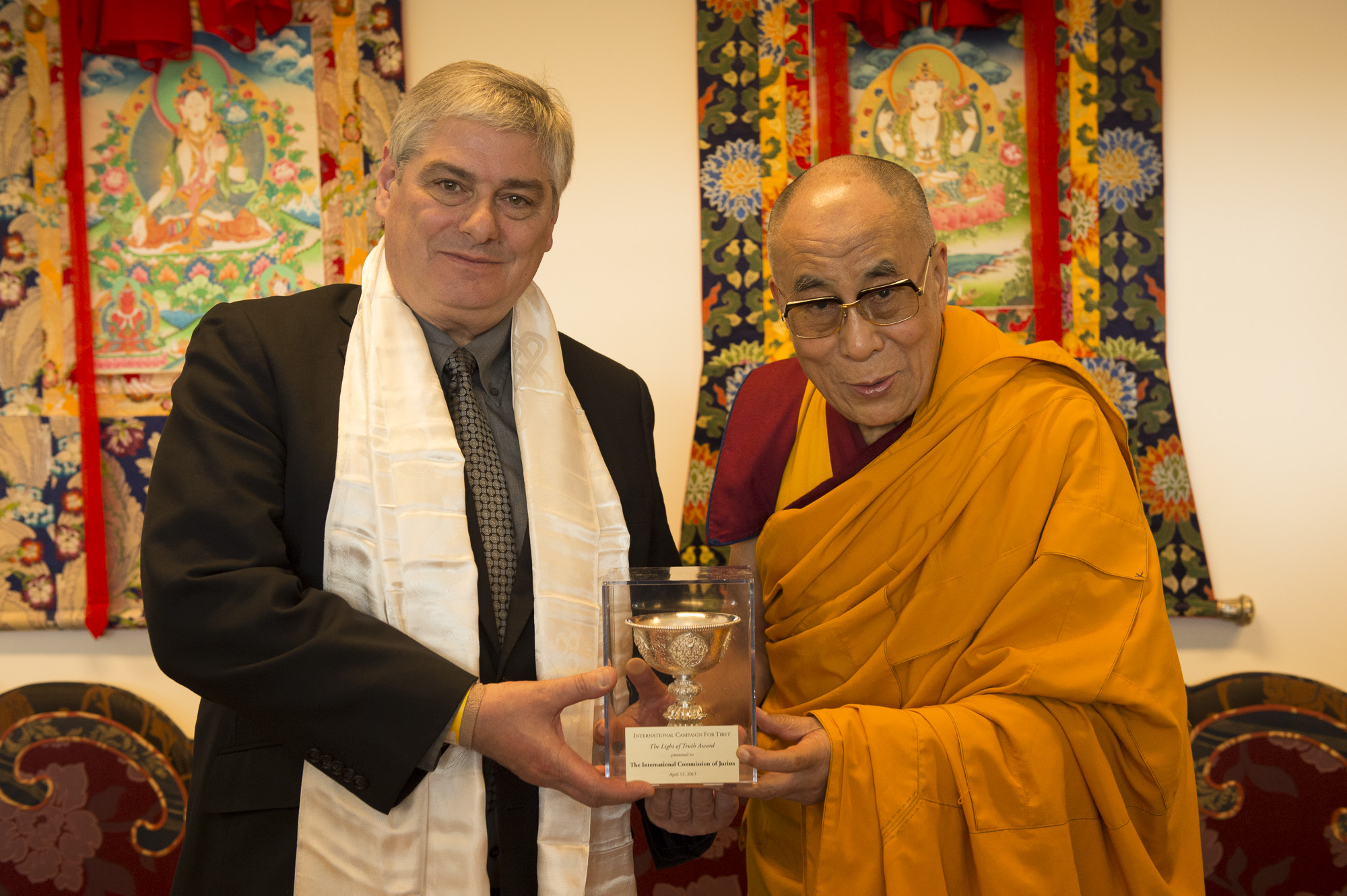 The Dalai Lama honoured ICJ Secretary General Wilder Tayler with the Light of Truth Award in recognition of ICJ’s consistent support of the Tibetan cause over six decades.
The Dalai Lama honoured ICJ Secretary General Wilder Tayler with the Light of Truth Award in recognition of ICJ’s consistent support of the Tibetan cause over six decades. 
The Award was presented to Wilder Tayler at a ceremony in Fribourg, Switzerland, on Saturday 13 April 2013.
The International Campaign for Tibet (ICT) presented the Light of Truth Award to individuals and institutions who have made significant contributions to the public understanding of Tibet and the struggle for human rights and democratic freedoms for the Tibetan people.
The ICJ was awarded for its reports documenting the experience, trials and tribulations of Tibetan people at the hands of Chinese forces, and drawing attention to the rights of Tibetans.
“You cannot imagine the outpouring of emails I have received even from very old members of the ICJ and the pride and joy in receiving the recognition of the work of ICJ by the Tibetan community, by His Holiness, by the solidarity organizations. Really it has been so moving,” said ICJ Secretary General Wilder Tayler (photo). “This prize will be dedicated to the late Nick Howen, my immediate predecessor and very dear friend who passed away quite tragically three years ago. Nick was a devoted activist of the Tibet cause; he not only put a lot of hours, he actually put his life at risk when there was need of it in order to pursue the cause, to bring information out of Tibet.”
The award itself is an antique Tibetan butter lamp, symbolizing the light that each recipient has shed on the Tibet issue.In addition to the ICJ, the Light of Truth Award 2013 was given to four other honorees, including ICJ Honorary Member Theo van Boven.
Professor van Boven is a Dutch jurist and professor emeritus in international law, a former UN Rapporteur on Torture and served as ICJ Vice-President in the 1990s. He was awarded for putting the spotlight on Tibet within and beyond the United Nations system.
Other awardees include Professor Dr. Christian Schwarz-Schilling, former German Minister and Parliamentarian, who has been working in a low-key manner for many years on the issue of the Tibetan-Chinese relationship; Ms. Sigrid Joss-Arnd, the longest-standing member of the Swiss Red Cross officials who was involved in helping Tibetans in the diaspora from the early 1960s; and Mr. Robert Ford, CBE, for his tireless advocacy on Tibet for more than half a century. Mr Ford is the only Westerner who was given official ranking in the Tibetan government before 1950 and he was imprisoned by the Chinese authorities for nearly five years.
“All of you have been long-standing friends and supporters of Tibet, for which we are immeasurably grateful. As you know, the spirit of the Tibetan people is undiminished and the power of truth remains strong,” the Dalai Lama said at the ceremony.
The Light of Truth Award is the most prestigious award in the Tibet movement and has been presented by His Holiness the Dalai Lama, on behalf of the ICT, for many years.
Previous recipients include Archbishop Desmond Tutu, the late Václav Havel, Chinese scholar and writer Wang Lixiong, and film director Martin Scorsese.
Photo/Manuel Bauer
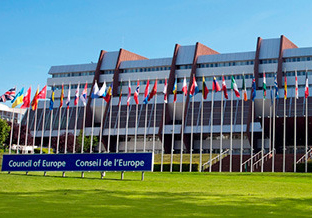
Mar 20, 2013 | Advocacy, Non-legal submissions
 The ICJ presented its views on corruption and the rule of law at a hearing of the Legal Affairs and Human Rights Committee of PACE, on 19 March.
The ICJ presented its views on corruption and the rule of law at a hearing of the Legal Affairs and Human Rights Committee of PACE, on 19 March.
The ICJ presentation, supported by a written submission, addressed in particular the importance of a strong and independent judiciary in combating corruption, and the need to prevent judicial corruption through legislative, organisational and educational measures that promote and support an independent and impartial judiciary.
The hearing, before the Legal Affairs and Human Rights Committee of the Parliamentary Assembly of the Council of Europe, was in preparation for a report by the Committee on Corruption as a threat to the Rule of Law in Europe.
Corruption as a Threat to the Rule of Law (Full text, PDF)












